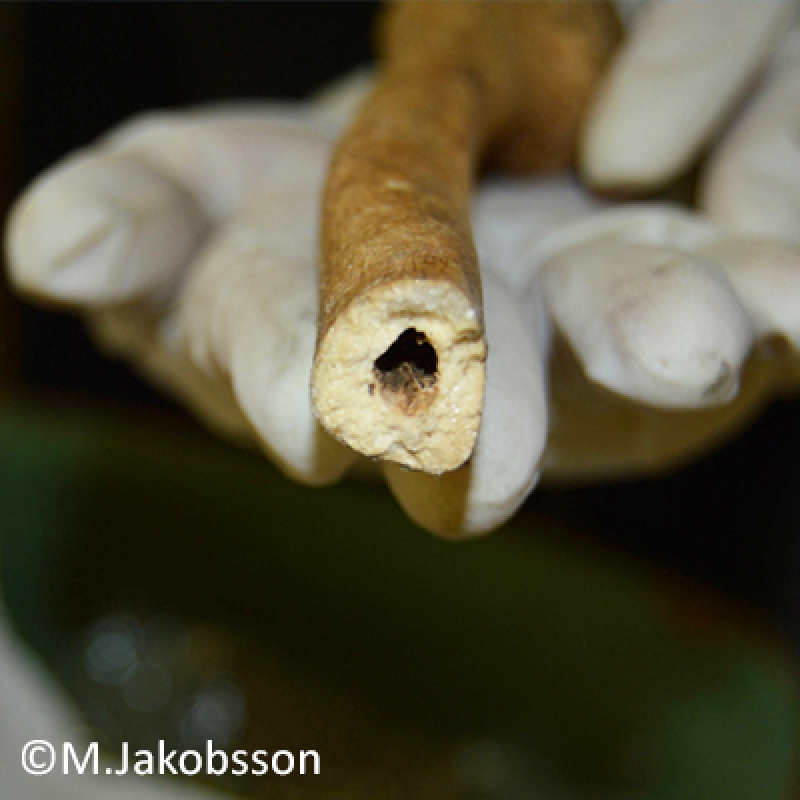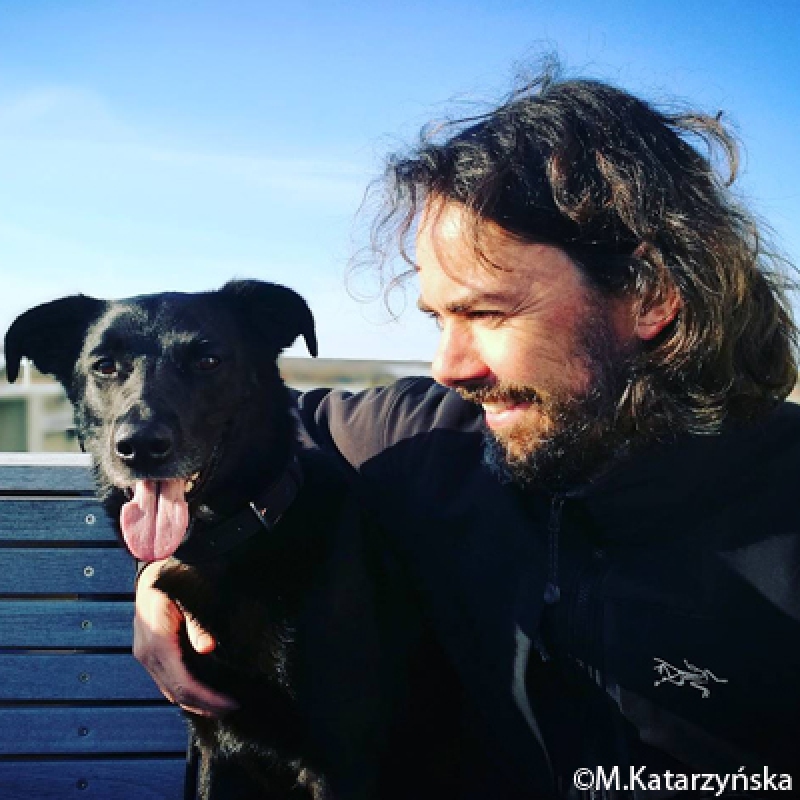Polonez
| POLONEZ PROJECT |
|
Title Funding source Grant number Principle Investigator Background and research aims Inspired by the seminal work on ancient DNA, I am investigating the epigenetic composition, more precisely the methylomes of Neolithic hunter-gatherers and farmers from Scandinavia to mainly address the over-arching question, if life-style changes in the past have left footprints in the regulatory compartment of genomes. By means of generating high-quality genomes of Neolithic Scandinavians I will reconstruct the methylation patterns preserved in those and allude to adaptive changes between humans living under different life-styles. Identifying the genetic mechanisms that played a role in the past might lead to new insights relating to diseases associated with nutrition or other modern life-style diseases. Duration Budget
|
| OLAF THALMANN |
|
Contact
Current Position Current working address Email
The driving motivation of my research is tightly linked to the quest to understand the mechanisms that shape a species through time and space and explain its genetic adaptability with regard to various environments and climatic epochs. The focal species of my research involve mainly mammals such as various canids including men’s best friend – the dog, or a critical bioinvader – the raccoon dog. More recently, I added our very own species to this list. Using a range of genetic data generated from DNA and RNA of a wide variety of sources including ancient and modern materials I aim at reconstructing the respective evolutionary and adaptive histories. |
| CURRICULUM VITAE |
| Date of Birth | 11.06.1975 |
| Place of Birth | Templin, Germany |
| Current position | Adiunkt (Assistant Professor) Poznan University of Medical Sciences, Poznan, Poland |
| Current working address | Department of Pediatric Gastroenterology and Metabolic Diseases Poznan University of Medical Sciences Szpitalna 27/33, 60-572 Poznan, Poland |
| Degrees | |
| 05.03.2007 | PhD (Doctor rerum naturalium), University of Leipzig, Germany |
| 06.09.2001 | Diplom (MSc equivalent), University of Kiel, Germany |
| Education and Research Experience | |
| Sept. 2016 - present | Adiunkt (Assistant Professor) Poznan University of Medical Sciences, Poland |
| Dec. 2015 - Jun. 2016 | Informatör/Researcher EBC University of Uppsala, Sweden |
| Oct. 2014 - Nov. 2015 | Postdoctoral Researcher Dept. of Biology, University of Oulu, Finland |
| Oct. 2012 - Sept. 2014 | Marie Curie Postdoctoral Fellow, Dept. of Biology, Division of Genetics and Physiology University of Turku, Finland |
| Oct. 2010 - Sept. 2012 | Postdoctoral Researcher Dept. of Biology, Division of Genetics and Physiology University of Turku, Finland |
| May 2008 - Sept. 2010 | Postdoctoral Researcher, Dept. of Ecology and Evolutionary Biology, University of California Los Angeles, USA |
| Feb. 2007 - Apr. 2008 | Postdoctoral Researcher, Primatology Dept., Max Planck Institute for Evolutionary Anthropology, Leipzig, Germany |
| Feb. 2003 - Jan. 2007 | PhD candidate, Primatology Dept., Max Planck Institute for Evolutionary Anthropology Leipzig, Germany |
| SELECTED PUBLICATIONS |
|



